Reviewed by Zeke Sanchez
Roadworthy by Dave Mehler
Aubade Publishing, 2020, 90 pages
ISBN: 978-1-951547-12-7
Available at Barnes and Nobel/Thriftbooks online/Amazon/Aubade Publishing
https://aubadepublishing.com/books/roadworthy/
Dave Mehler is a good writer, a good poet. He writes about his life as a long-haul truck driver. He writes about people struggling with a real life of sequential cigarette breaks between stretches with a hand truck or a forklift, lifting with their arms and backs. Nothing grand. No Great Captains of Industry, no millionaire heart surgeons, no war heroes.
In Roadworthy, we never know for certain when the poet is being autobiographical. For example, in “a cougar’s death on a blizzard-shadowed road,” readers learn the majestic cat is dead and lying by the side of the road. Strong hands dragged it to the shoulder of the road. The poet tells us it was dragged there. Who would have taken the time? It had to be the driver of the semi. He stopped, skidded on the road, got out into the cold winter night to drag the animal to the side of the road. He witnesses how marvelous the creature is, even in death.
Mehler goes far beyond what a journalist writing about truckers or trucking companies would know. He’s really, in a way, writing about a universe of experiences he’s had as a trucker. It’s the universe in a drop of water, to paraphrase the poet Rumi.
He has a style in the interstice between poetry and encouraging prose. Not as style-driven as Hemingway, but more of himself in the flow of language than somebody like V.S. Naipaul who eschews style completely in favor of the story. With Mehler, style IS the muscle and sinew in addition to the stories that come out of the darkness beside the road, on the road, out of the glittering forest, through the radio airwaves. And the stories come out at us come from the struggle of the driver himself.
Being a long-haul truck driver is like anything else: sometimes he has to take a breather. In “Back to back runs in the Rockies,” Mehler says,
… And of course the old standby, slapping your
face, hard, repeatedly. And if you really have to,
stopping the truck to get rid of the coffee,
then lapping the rig once or
twice, again, most effective when sub-zero.
It’s what a soldier has to do pulling guard duty in the military as the midnight hour drags by in pitch black and silence. He might not slap himself, but he’ll find ways to keep himself awake, because being a soldier or poet or writer or truck driver is not always adrenalin charged. Not always.
Dealing with the “inanities and ineptitudes” in life, even that in itself can fill out the contours of a person’s life if our antennae is set to the right frequency. In “Sometime After 3 a.m. at the Dollar Tree in Vancouver, WA,” the protagonist has arrived, presumably tired from a journey of long duration across the Great Plains. He has been listening to a radio program that is deep and meaningful for a change, and he is trying to check in at a loading dock. He is confronted at the entrance gate by a
… security guard from the 19th century in age and habits who can’t see or hear and must
painstakingly peck at the keyboard with one finger after writing everything down three
times in three different places, slowly.
The narrator grits his teeth at missing salient parts of the radio program.
Then there are the commercial breaks which are always airing while I’m listening in the cab, but much of the body of
the interview takes place while I’m in the guard shack or cranking the landing gear as I swap trailers.
The miracle of our being here is evident in “Smoke Break.”
Because, in this same universe as Dollar Tree, ancient galaxies have collided
—will collide—
whatever wonders they were or contained, changed in a gaudy crowded instant
of unimaginable light and gravity
like the projected light of it beaming away to us here.
Yet, here we are, still here …9 billion light years from the direction of the Virgo constellation
a gamma-ray burster sterilized that quadrant of the universe, but we are here.
Yes, we are here as normal, everyday people. Not doctor’s sons, never a silver spoon to be seen anywhere in this constellation of trucker stories. Even in Hemingway’s short stories, Nick Adams is the son of a physician: a humble, honest, weak man but still a doctor. Not so in these stories coming to us over the hum of the 18-wheeler, the buzz of the radio. We are here as loaders on the loading docks, as coffee-drinking overweight truckers, as silent witnesses or irascible strivers.
Reveiwer’s Bio:
Zeke Sanchez is originally from Idaho but now lives and writes in Eastern Tennessee. Zeke wrote The Fire With The Two Dragon Smokes, a fictional account of his summers fighting forest fires as a young man. He won contests in the online The Critical Poet publications. He is a former Senior Engineer in the nuclear industry and served in Army Intelligence during the Vietnam War. Zeke has an English degree and an MBA.

